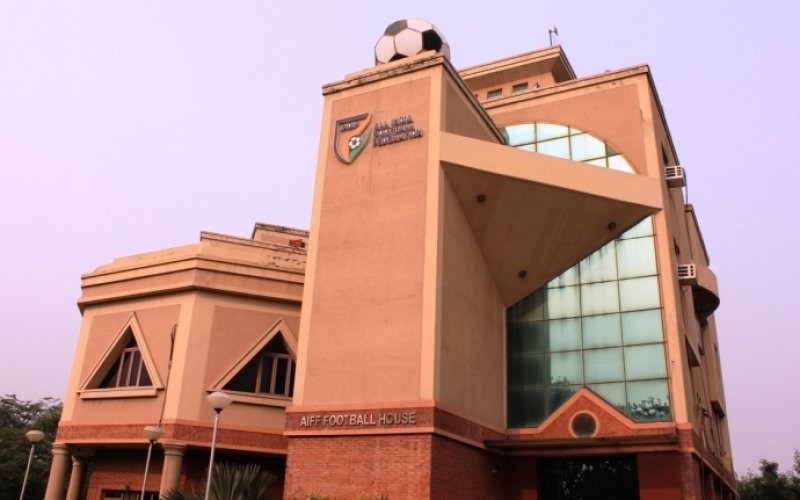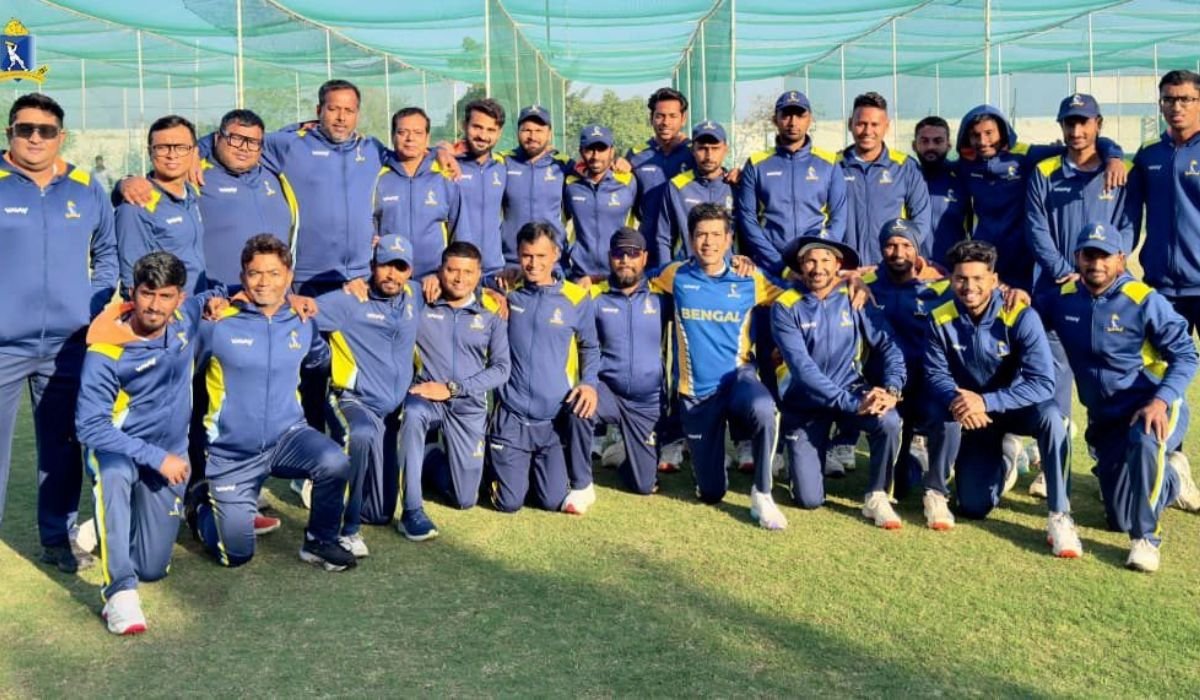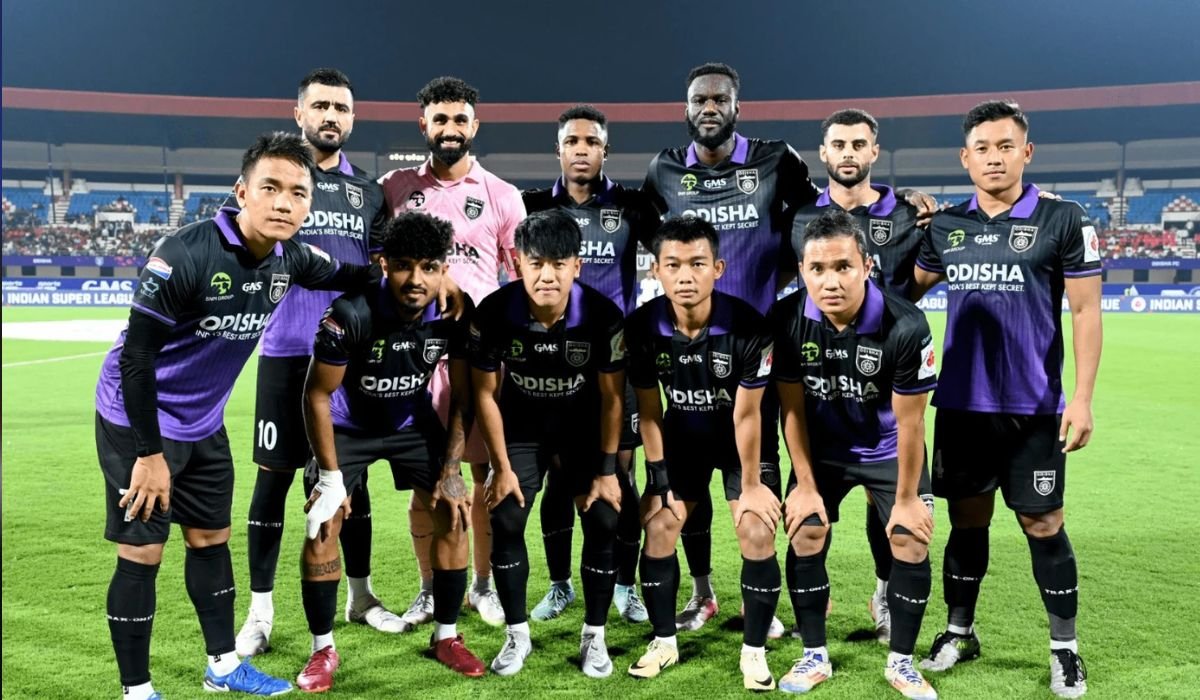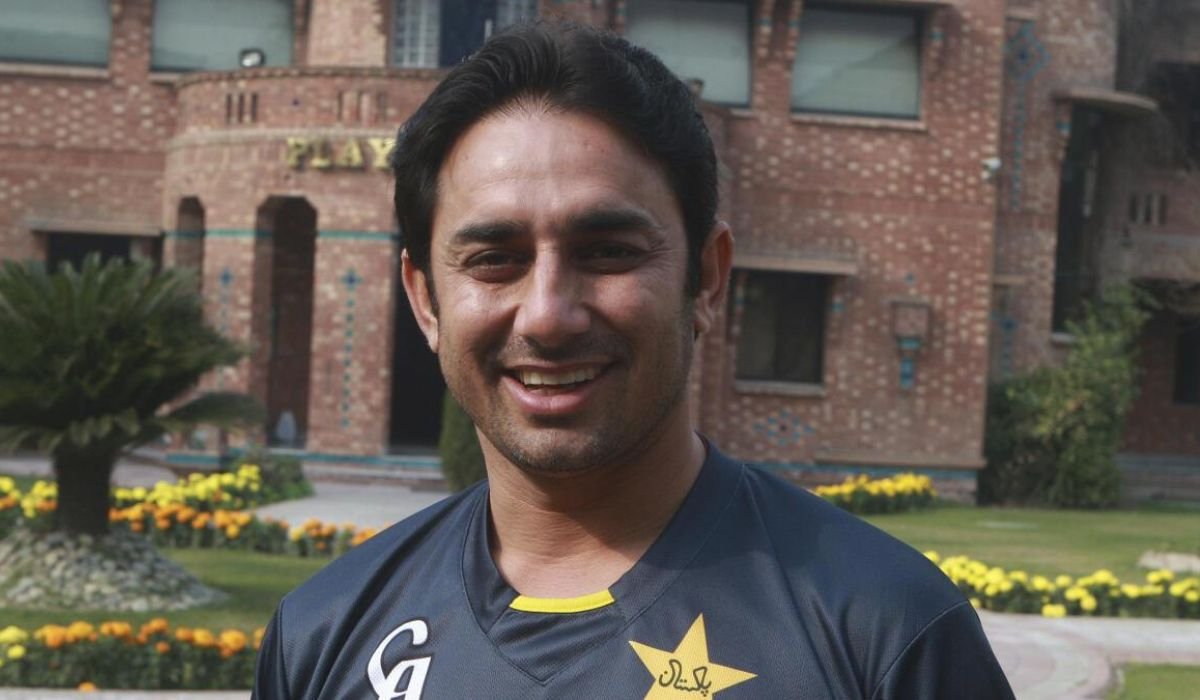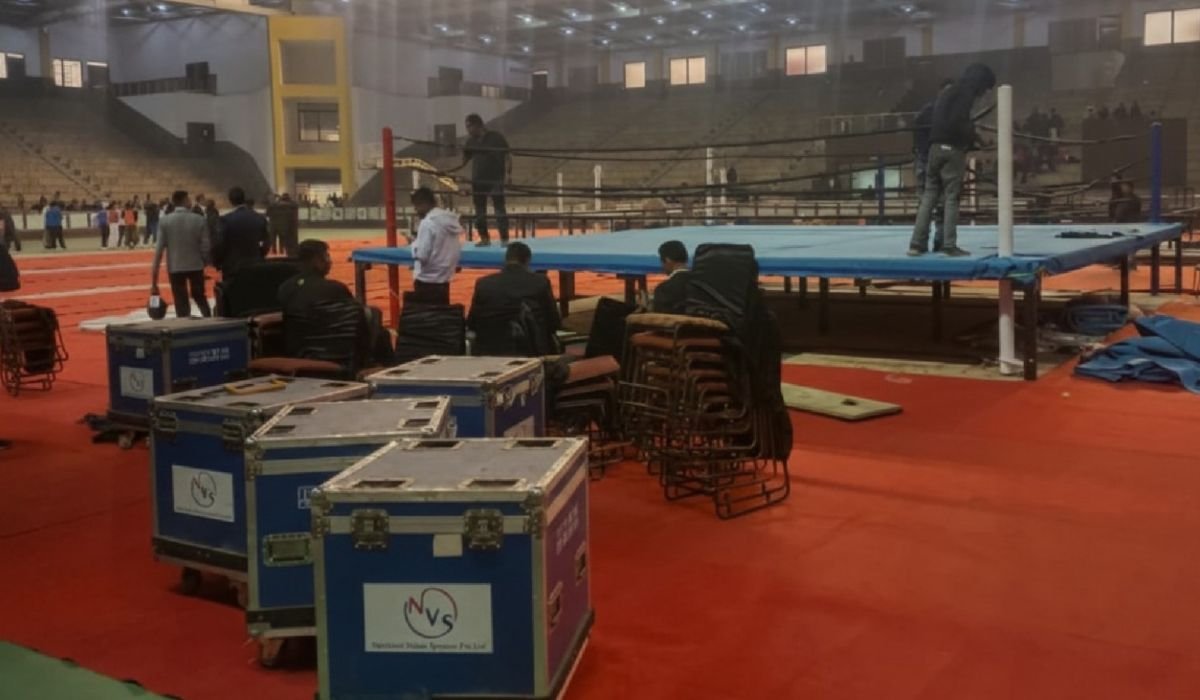Controversy is mounting in India over filmmaker Vivek Agnihotri’s upcoming movie The Bengal Files, the third in his “Files trilogy”, set for release on September 5. The film revisits the bloody communal violence of 1946 in Bengal and Noakhali, months before Partition.
Agnihotri, best known for The Kashmir Files and The Tashkent Files – both of which won national film awards – has launched a fierce social media campaign ahead of the release. In recent weeks, he has shared dozens of posts on X and Facebook, styled as headlines from the period’s nationalist newspaper Bande Mataram.
One post, in particular, has provoked outrage. It cites what Agnihotri describes as a chilling fatwa by influential Noakhali cleric Golam Sarwar Husseini: “Whoever rapes Congress leader Sucheta Kripalani will earn the title of Gazi.”
Kripalani, then a young protégé of Mahatma Gandhi, was in Noakhali in 1946 as part of a Congress delegation trying to contain the riots. Historians remain divided on the authenticity of such claims, with critics accusing Agnihotri of distorting history for political gain. West Bengal’s ruling Trinamool Congress government has already banned the film’s screening in the state, accusing it of inciting communal tensions ahead of the 2026 state elections. Agnihotri has threatened legal action, while the ruling Bharatiya Janata Party (BJP) at the Centre has openly endorsed the film, calling it a long-suppressed account of Hindu suffering during Partition-era violence.
The film has premiered in several US cities and its trailer was released in India on August 16 – the anniversary of the Muslim League’s “Direct Action Day” in 1946, which triggered the Great Calcutta Killings.
With supporters hailing it as a bold portrayal of forgotten history and opponents denouncing it as dangerous propaganda, The Bengal Files has already reignited one of South Asia’s most painful and divisive memories.










